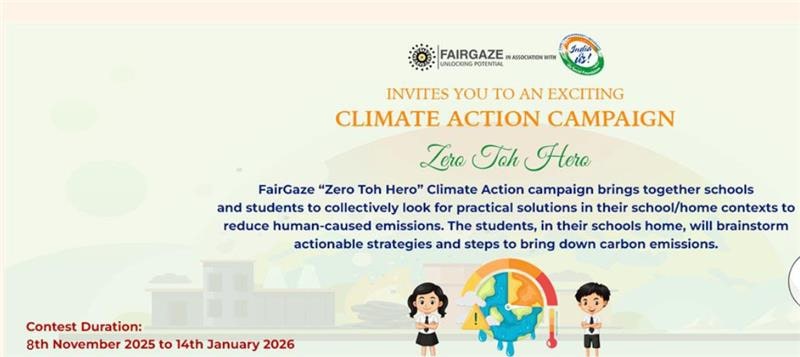
The Partition of India: A Humanitarian Crisis
General News | Nov-22-2024
The Partition of India: A Humanitarian Crisis
One of the biggest events in the world and one of the most painful events of the twentieth century was the Partition of India in 1947, through which Britain divided India into two states, India and Pakistan. Despite the noble intention of ending religious and political insurgencies, the decision birthed a monster that collectively produced a massive humanitarian crisis that has left lives undone across millions of people.
It provoked the biggest mass migration in history, which resulted in about 15 million people becoming refugees when Hindus and Sikhs fled to India, while Muslims moved to Pakistan.
This migration was not without a bloodbath, as communal riots, mass murders, and attempted rapes of women took over Punjab and Bengal, and many other areas. Statistics show that it is nearly two million to one million people who died and untold numbers of families were torn apart, some of which never got back together again, to the deaths. Refugees had it hard; they lost their property, sources of income, and security, to mention but a few.
They endured cramped railway carriages, ill-tent accommodations, and established camps, as well as poor supplies. Cognitive emotional interconnectedness, people who were uprooted, those who saw awful things – memories remained for generations.
The partition not only sought to change political boundaries, but historical enmity instituted animosities between India and Pakistan affecting the geopolitics of South Asia. It is therefore important for people to appreciate this humanitarian crisis as a basis for building for forgiving such tragedies.
Related News
-
The Effect of Gamification on Student Motivation
-
The Role of Mental Health Resources on Campus
-
Significance of Infrastructure Development in India
-
Data Analytics Adopted by High School Sports Teams
-
Importance Of Basic Mathematics Skills
-
Is Photography a Good Career Option?
-
Essay on Issues and Challenges of Rural Development in India
-
Technological Advancements in the Field of Badminton
-
Steps to Manage Stress and Deal with Peer Pressure
-
Should Parents Punish Their Children For Every Mistake?
Most popular news
- The Law Of Equivalent Exchange
- Essay On Issues And Challenges Of Rural Development In India
- Srinivasa Ramanujan And His Inventions
- The Youth Is The Hope Of Our Future!
- Poverty In India: Facts, Causes, Effects And Solutions
- Top 20 Outdoor Games In India
- Festivals Of India: Unity In Diversity
- Role Of Women In Society
- The Impact Of Peer Pressure On Students' Academic Performance
- Books As Companion
MUN Events



